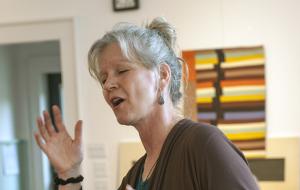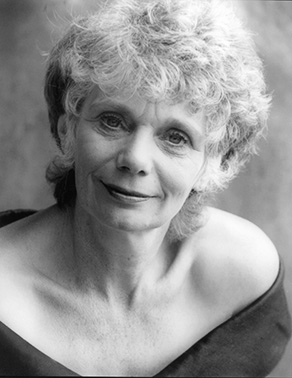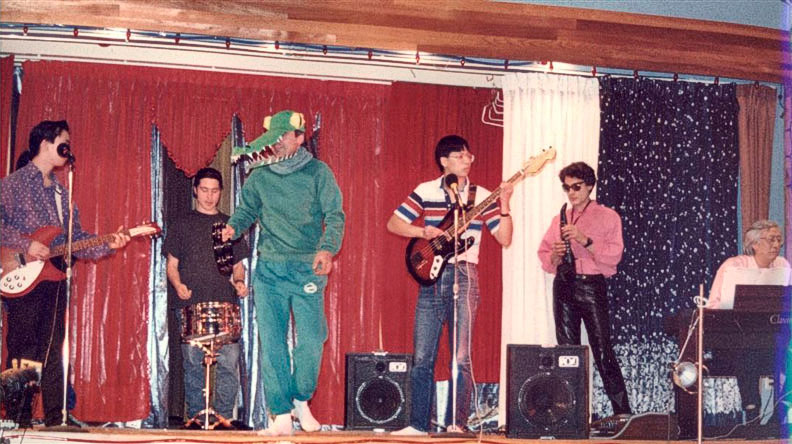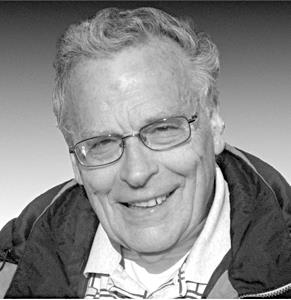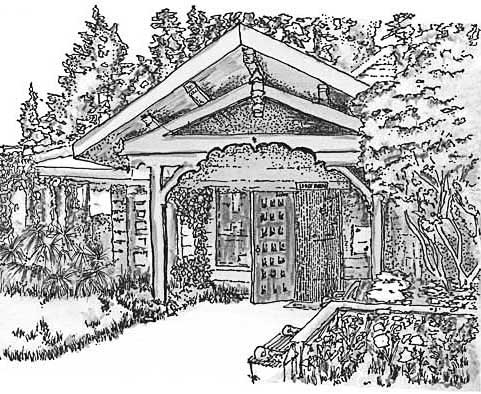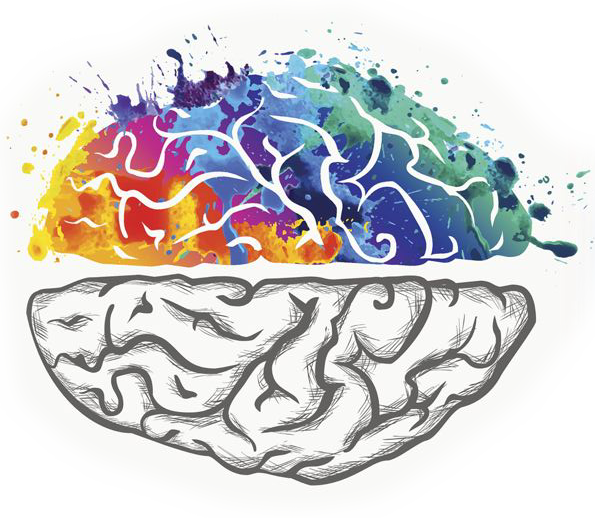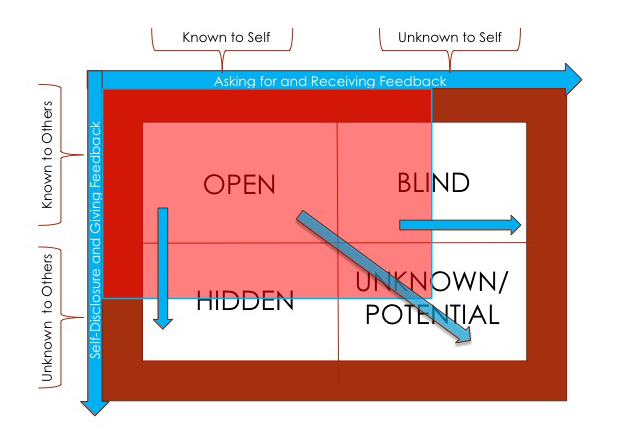If Your Voice Could Talk …
Self-created sound is a portal to presence, and a powerful vibrational medium that can heal and transform, writes Leah Hokanson.
Leah Hokanson is at The Haven April 26–28 with her program Giving Voice.
Each of us has a vocal story. For many of us, that story is fraught with phrases like “I don’t have a voice,” or “Children should be seen and not heard,” or “I can’t carry a tune,” or “Just mouth the words.”
Sound familiar? If so, you are not alone. And chances are, your voice is blocked or stuck in some way, and the prospect of exploring what it can actually do has either been pushed to the side, or is simply too frightening to consider.
So I invite you to reflect for a moment: What is your vocal story? If your voice could talk, what would it say?
In our culture there are two dominant ways we engage our voices: speaking and singing.
Speaking is the voice’s way of delivering language, which is aligned with thought. Thought is linear, often repetitive, and past or future oriented. Speech uses the sound of vowels and consonants to articulate words. Although much of what is communicated comes from the voice’s tone, timbre, pitch and rhythm, we are often more oriented toward the literal meaning of the words, rather than how they are vocalized. So unless you are an actor or voice-over professional, you may not pay much attention to the sound of your speaking voice. Is this true for you?
Singing is “musicalized” vocal sound: the voice expressed through organized pitch and rhythm. In our culture, singing has become professionalized, giving rise to the notion of “singers” ― and therefore “non-singers,” or those who think they “can’t sing.” In other words, we have the cultural idea that singing requires talent and skill, and that unless you have both then you simply shouldn’t sing. For many, the very idea of singing, especially in public, is too vulnerable. Is this part of your vocal story?
Somewhere in the gap between these two main uses of the voice, I believe something essential to having a voice has been muffled, or even muted entirely. And that is the recognition that we each have been given an ability to create sound, and that self-created sound is both a portal to presence, and a powerful vibrational medium that ― when used consciously ― can heal and transform. This knowledge has been integral to individual and communal wellbeing in Indigenous cultures and spiritual traditions throughout human history.
Is this part of your vocal story? If it isn’t (yet), then the good news is that stories, even those we’ve believed for a long time, can be rewritten. With curiosity, a willingness to explore, and a desire to listen, you can call forth the many gifts of having a voice. And you can give voice to all that is inside of you that wants to be heard.
So, if your voice could talk, what would it like to say?

